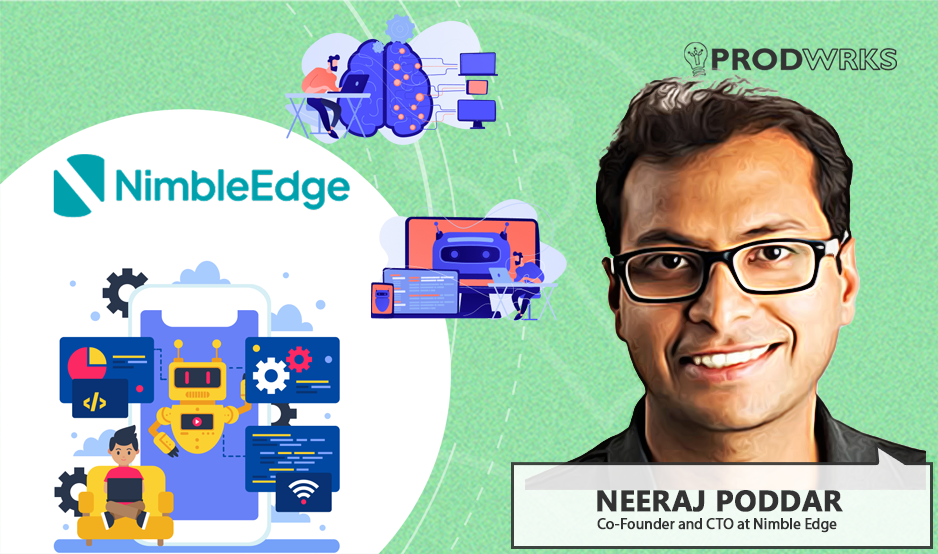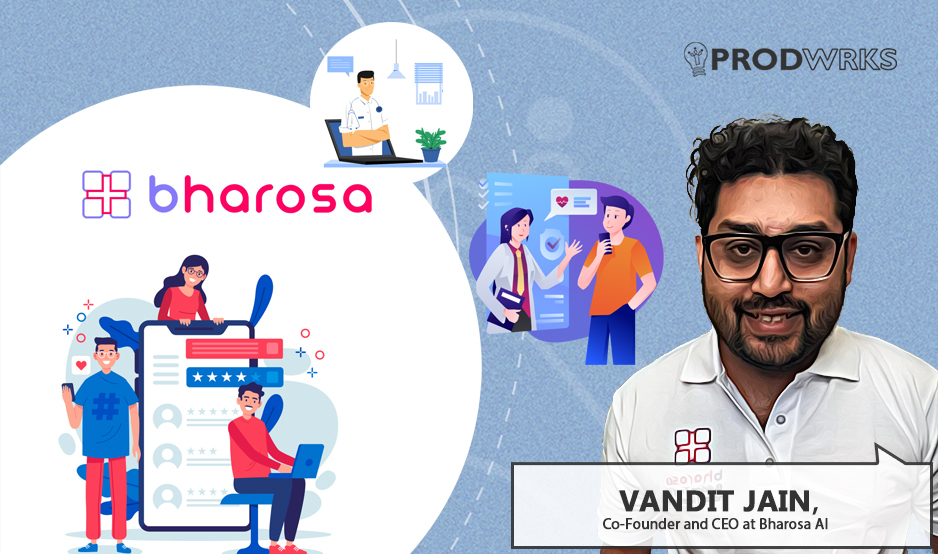
Every day, thousands of Indians lose their life savings to increasingly sophisticated scams. According to a Hindustan Times report, India lost over ₹11,000 crores to cyber scams in just the first nine months of 2024. Extrapolating for the full year and adjusting for 2025’s growth trajectory, the losses are estimated to exceed ₹16,000 crores, with 90% of victims never recovering a single rupee. Behind these statistics lies a deeper crisis: the complete failure of our existing infrastructure to protect vulnerable citizens from modern social engineering attacks.
Shouvik, founder of Bachao.AI, approaches this problem from an unconventional angle. His Bangalore-based startup has already attracted interest from over 100 potential customers on LinkedIn, with beta testing underway among team members and early adopters. The company is preparing to launch pre-orders for 10,000 to 15,000 “Safe Phone” devices, targeting a market of 60 million elderly Indians who have bank accounts but limited digital literacy.
"When scammers call, they attack emotions, not logic. In that moment of panic, even educated people make irrational decisions. That's where AI becomes crucial."
From Call Centers to Deep Tech
Shouvik’s entrepreneurial journey began in financial necessity. Unable to complete graduation due to financial pressures in 2008, he started with call centers, computer repair, and broadband services.
His first digital success came in 2009 through SEO and affiliate marketing, earning ₹3-4 lakhs while working as a data entry supervisor. Despite lacking a degree, Shouvik’s self-taught VBA scripting skills earned him a position at Wipro’s technology division. Rejections from companies like IBM pushed him toward entrepreneurship.
In 2012, with just ₹20,000 capital, he launched Cantrip Solutions. Within five years, he scaled it to ₹2 crore revenue with 46 engineers. When his father was diagnosed with cancer in 2017, Shouvik’s three-month absence caused the business to collapse, leaving him with ₹40 lakh in debt.
"That experience taught me about the fragility of service businesses. When you're the single point of failure, your absence can destroy everything."
The Scam Epidemic
"Victims experience profound shame. Friends label them 'foolish.' Police stations make them wait 6-7 hours with no meaningful action. The entire support infrastructure has failed."
The numbers paint a grim picture. Over 150 different scam types are currently active. Sixty million elderly Indians with bank accounts have limited digital literacy. Ninety percent of victims never recover their money.
What struck Shouvik most was the evolution of scam techniques.
"These aren't Nigerian prince emails anymore. Modern scammers use fake arrest warrants, morphed videos, cloned voices. They've weaponized technology while our defenses remain stuck in the past."
The Technology Behind Bachao.AI
"We're not recording calls and sending them to the cloud. Everything happens on your device, in real-time, with zero data leaving your phone."
Core Protection Features
"Real police don't demand bank transfers over phone," Shouvik notes.
"The AI analyzes incoming video before activating the user's camera. Only after confirming appropriate content does it allow connection."
Continuous Learning Without Privacy Compromise
A key challenge in scam detection is keeping pace with evolving tactics. Bachao.AI solves this through federated learning, a sophisticated approach that improves the AI without compromising user privacy.
The system trains models locally using encountered scam patterns, sends only anonymous model weights to servers, aggregates improvements from all devices, then redistributes enhanced models back to users.
"The system gets smarter with every scam attempt across our user base, but no data ever leaves the device."
Market Strategy
"Elderly users won't understand AI or federated learning. But their children in metros understand technology and worry about parents in smaller cities."
"Over 100 LinkedIn users have already reached out sharing stories about their parents being scammed. The demand comes from love and concern, not feature comparisons."
The Competitive Landscape
"Truecaller tells you who's calling but doesn't analyze what they're saying. Others provide single-feature solutions like checking phishing links or blocking numbers. Indian consumers need comprehensive protection, not piecemeal features."
"Running large language models locally, performing real-time analysis, implementing federated learning creates significant barriers to entry. But the real moat is our obsession with user safety over growth metrics."
Business Model
"We're targeting 10,000 to 15,000 pre-orders to meet ODM minimums," Shouvik explains.
For OEM partnerships, the model shifts to annual subscriptions or per-device royalties for manufacturer integration.
The hardware strategy addresses a critical challenge since app stores won’t approve system-level permissions for call interception.
"We need deeper integration than app stores allow. That's why we're going the device route initially."
The Bootstrap Philosophy
"I'm not taking investor money yet. The moment you take funding, metrics become paramount. You chase user growth over user safety."
His philosophy prioritizes depth over breadth, focusing on 10,000 users who can definitively say Bachao.AI prevented a scam rather than chasing millions with unclear value delivery.
The Road Ahead
"We want to become the antivirus of scams, as essential to smartphones as antivirus became to PCs."
"The technology we're building for India can protect people globally. Scam techniques are similar worldwide, only languages change."
"They don't see scam protection as a differentiator yet," Shouvik admits about OEM partners.
The Larger Mission
Beyond technology, Bachao.AI represents the right to digital dignity for India’s vulnerable populations.
"When a retiree loses their life savings, they don't just lose money. They lose faith in technology, in institutions, in themselves. They retreat from the digital world exactly when India needs universal digital inclusion."
The mission resonates given India’s push toward digital payments.
"We're forcing everyone online through Digital India, but we're not protecting them once they're there. That's not just negligent, it's cruel."
Conclusion
Just as antivirus software became essential infrastructure, scam protection must become fundamental to smartphones. For Shouvik, success means prevented scams and protected savings.
In a startup ecosystem often building solutions looking for problems, Bachao.AI stands out as a profound problem meeting a thoughtful solution, built by a founder who understands both the technology and the human cost of inaction.



